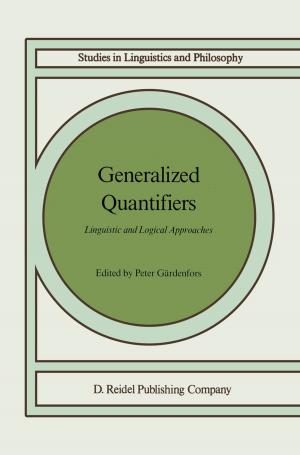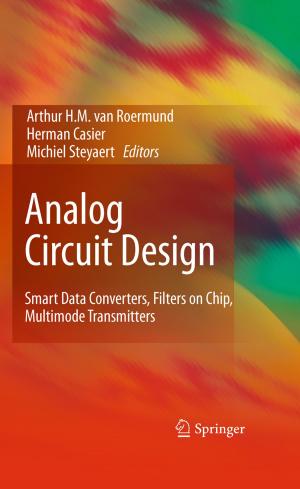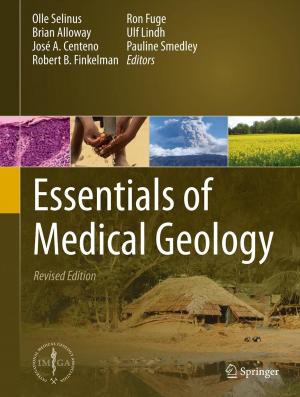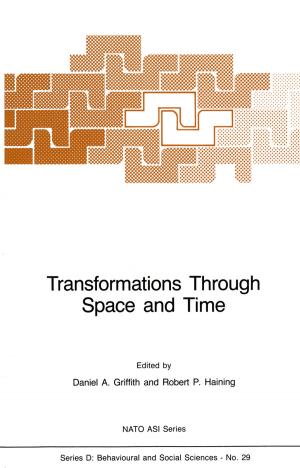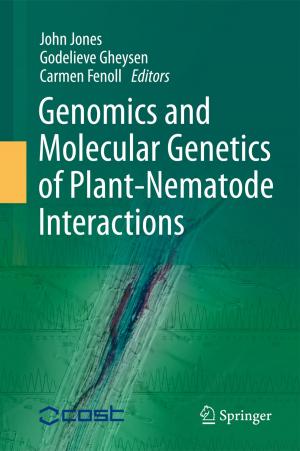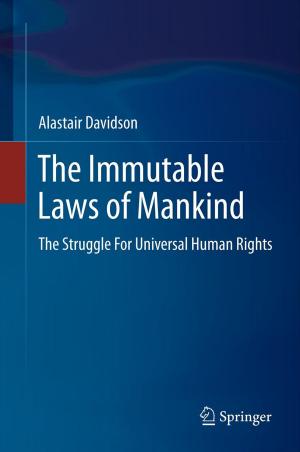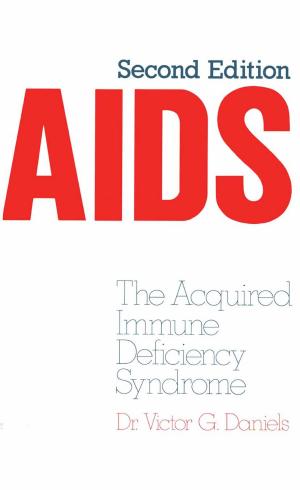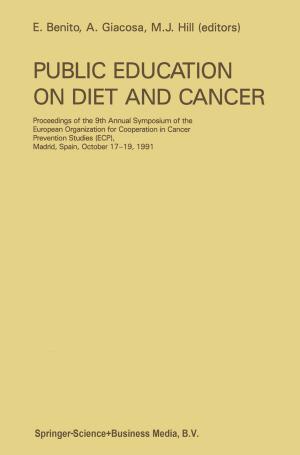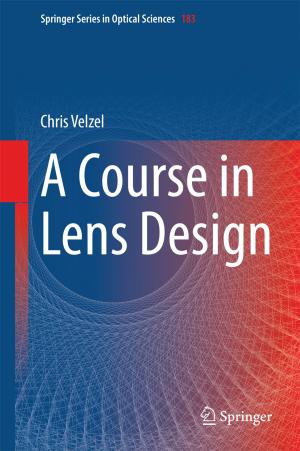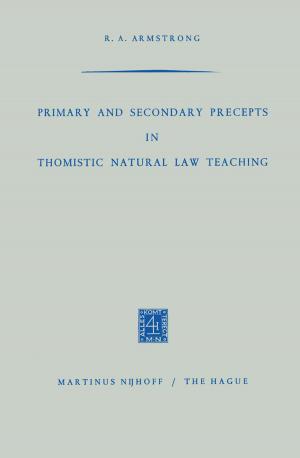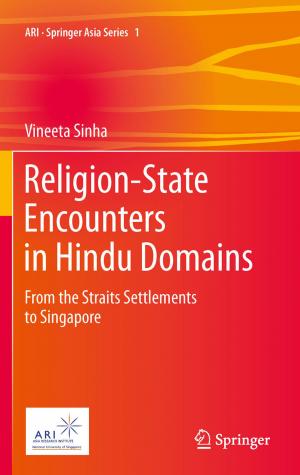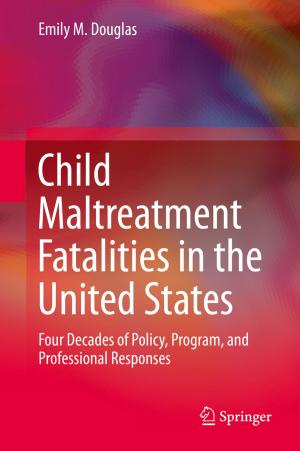Diagnostic Function Tests in Chemical Pathology
Nonfiction, Health & Well Being, Medical, Specialties, Pathology| Author: | P.T. Lascelles, D. Donaldson | ISBN: | 9789400918467 |
| Publisher: | Springer Netherlands | Publication: | December 6, 2012 |
| Imprint: | Springer | Language: | English |
| Author: | P.T. Lascelles, D. Donaldson |
| ISBN: | 9789400918467 |
| Publisher: | Springer Netherlands |
| Publication: | December 6, 2012 |
| Imprint: | Springer |
| Language: | English |
This book is written for hospital doctors, nurses, biochemists, medi cal laboratory scientific officers and phlebotomists involved with the biochemical investigation of patients. It is hoped, also, that general practitioners and medical students will find it of help. Whilst the vast majority of biochemical tests assess the level of constituents in blood and urine at a given point in time, an impor tant additional parameter is the assessment of physiological reserve function by means of loading tests, prOlonged fasting, exercise and clearance studies. The protocol and interpretation of response of each of these stress tests form the main basis of the text. An attempt has been made to be reasonably comprehensive in the range of tests described; hence, not only have some rather older ones been re tained, but also some very recently introduced ones included. It is appreciated that practice varies widely from laboratory to labora tory with respect to protocol, sample collection, methodology and quotation of reference ranges, and no doubt also from clinician to clinician, particularly regarding interpretation of results. In paedi atric work, micromethods will demand much smaller volumes of blood than those stated here, which relate generally to adult medi cine. The account, therefore, must be seen as a guide to practice rather than as a recipe; it is in no wayan attempt to standardise procedures, which depend on the local requirements.
This book is written for hospital doctors, nurses, biochemists, medi cal laboratory scientific officers and phlebotomists involved with the biochemical investigation of patients. It is hoped, also, that general practitioners and medical students will find it of help. Whilst the vast majority of biochemical tests assess the level of constituents in blood and urine at a given point in time, an impor tant additional parameter is the assessment of physiological reserve function by means of loading tests, prOlonged fasting, exercise and clearance studies. The protocol and interpretation of response of each of these stress tests form the main basis of the text. An attempt has been made to be reasonably comprehensive in the range of tests described; hence, not only have some rather older ones been re tained, but also some very recently introduced ones included. It is appreciated that practice varies widely from laboratory to labora tory with respect to protocol, sample collection, methodology and quotation of reference ranges, and no doubt also from clinician to clinician, particularly regarding interpretation of results. In paedi atric work, micromethods will demand much smaller volumes of blood than those stated here, which relate generally to adult medi cine. The account, therefore, must be seen as a guide to practice rather than as a recipe; it is in no wayan attempt to standardise procedures, which depend on the local requirements.

